Revolutionizing Patient Care and Medical Research
This blog post could delve into the transformative impact of AI in healthcare, discussing applications such as medical imaging analysis, personalized treatment plans, and drug discovery.
- Highlight examples of AI applications in healthcare, such as predictive analytics for disease diagnosis and treatment optimization.
- Discuss the potential for AI to improve patient outcomes by enabling personalized medicine and precision healthcare.
- Explore the challenges and opportunities of integrating AI technologies into existing healthcare systems, including regulatory considerations and data privacy concerns.
AI is revolutionizing healthcare by transforming how we diagnose, treat, and manage diseases. In diagnostics, AI-powered imaging algorithms can analyze medical images such as X-rays, MRIs, and CT scans with incredible accuracy, helping clinicians detect abnormalities and diagnose conditions earlier. Moreover, AI-driven predictive analytics enable healthcare providers to anticipate patient needs and identify individuals at risk of developing certain diseases, allowing for proactive interventions and personalized treatment plans. Beyond diagnostics and treatment, AI is also accelerating medical research by analyzing vast amounts of biomedical data, identifying patterns, and discovering novel drug candidates.
Revolutionizing healthcare by transforming
AI is revolutionizing healthcare by transforming how we diagnose, treat, and manage diseases. In diagnostics, AI-powered imaging algorithms can analyze medical images such as X-rays, MRIs, and CT scans with incredible accuracy, helping clinicians detect abnormalities and diagnose conditions earlier. Moreover, AI-driven predictive analytics enable healthcare providers to anticipate patient needs and identify individuals at risk of developing certain diseases, allowing for proactive interventions and personalized treatment plans.
Beyond diagnostics and treatment
AI is also accelerating medical research by analyzing vast amounts of biomedical data, identifying patterns, and discovering novel drug candidates. Furthermore, AI-powered virtual assistants and chatbots are enhancing patient engagement and access to healthcare services, providing personalized health advice, medication reminders, and support for chronic disease management.





